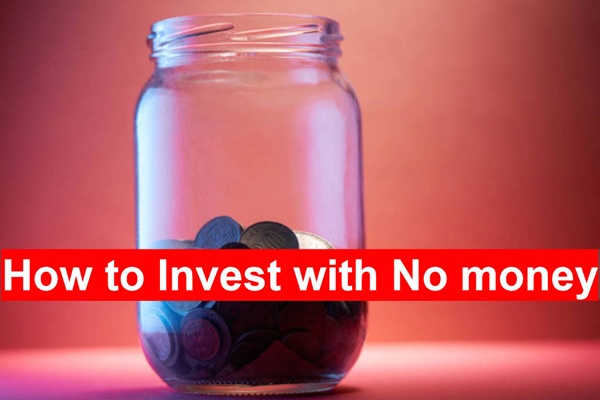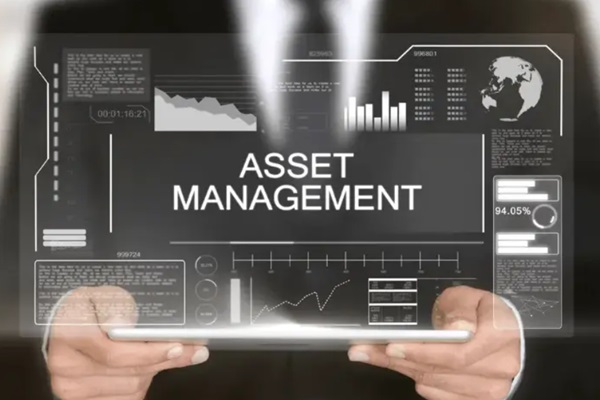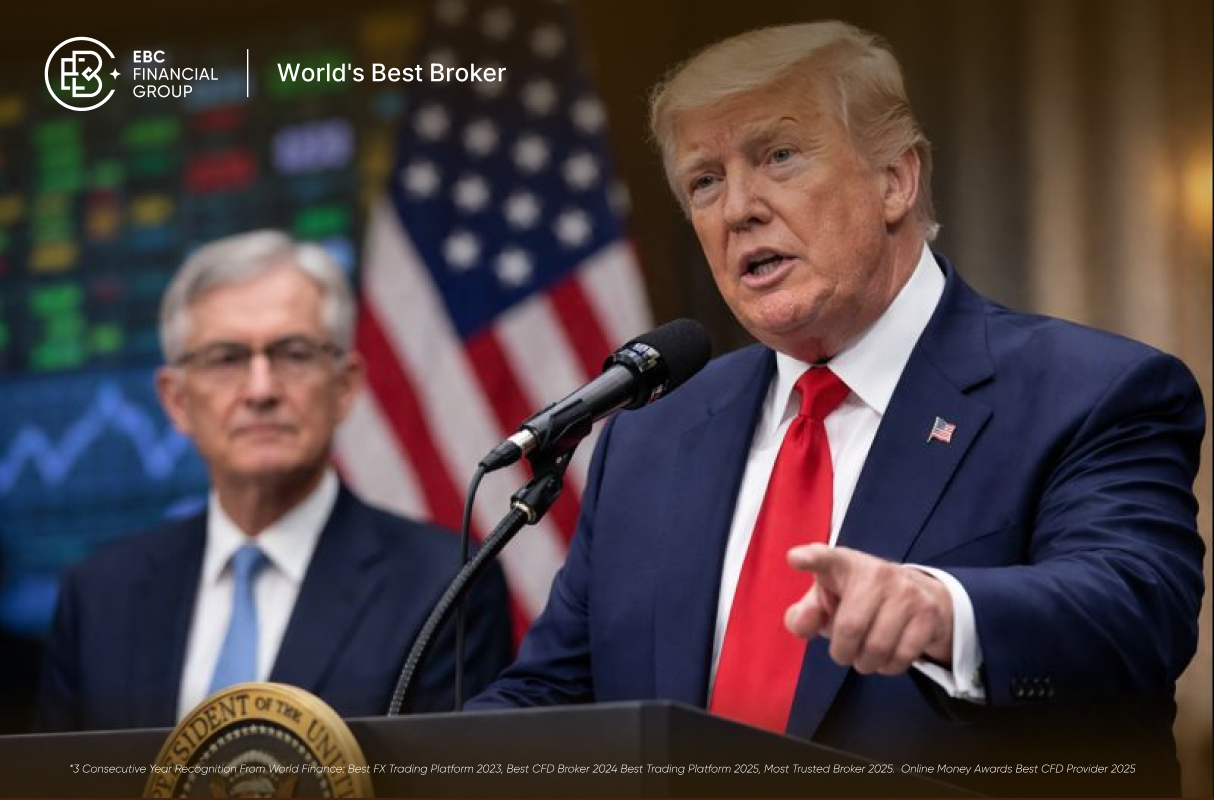You can begin investing with effectively no money by using micro investing, employer contributions, and by investing in yourself to create capital. The key is to shift your focus from how much you have to how consistently you act.
Building wealth without initial capital is less about luck and more about structure, patience, and informed decision-making.
This article will explain practical, legal and psychologically sound steps to move from zero cash to a growing portfolio.
Clarify Purpose and Reframe What "No Money" Means

Investing without cash begins with a clear purpose. Define what you want to achieve. Are you saving for retirement, a deposit on a home, or building optionality in your career? Naming the goal converts vague hope into specific steps.
Next, reframe the phrase no money. In most economies there is almost always some resource you can apply to create future value. Time, attention, existing skills, employer benefits and tiny amounts of cash can be combined into an investing start.
This mental shift is essential because it replaces paralysis with an action orientation. Vanguard and other reputable providers advise starting with small, sensible steps and building consistent habits.
Laying the Foundational Framework for No-Capital Investing

The concept of initiating investment with zero capital is premised on two actions: generating the initial seed capital through strategic savings and instantly maximising returns on that small amount by eliminating costs.
1. Cultivating a Scarcity-to-Surplus Financial Mindset
Effective investing begins not with a large lump sum, but with the consistent creation of a financial surplus. The psychological commitment to this surplus is the true 'investment' when starting from zero.
Zero-Based Budgeting for Capital Generation:
Conduct a meticulous review of all monthly expenditures to identify and redirect any non-essential spending. Every discretionary pound saved is a pound ready to be invested.
The 50/30/20 Rule Application:
Implement a structured income allocation strategy where 50% covers Needs, 30% goes to Wants, and the mandatory 20% is split between debt repayment and investment saving.
Automated Micro-Saving Platforms:
Utilise specialised applications that link to a bank account and automatically round up debit card purchases to the nearest pound, depositing the difference into a separate savings pot.
This method passively builds a small investment fund without requiring a noticeable lifestyle change.
2. Generating Seed Capital Through Supplemental Income Streams
A highly effective method to generate initial capital is to commit all funds from a side venture directly to investment, treating this income stream as the sole funding source for the portfolio.
Targeted Side Hustle Development:
Engage in freelance work or gig economy opportunities, dedicating 100% of the proceeds to a segregated investment account.
Capitalising on Found Money:
Tax refunds, work bonuses, or inheritance should be automatically directed into a tax-advantaged account to begin earning immediate returns.
Maximising Tax-Advantaged and Employer-Sponsored Investing Platforms
A Strategic Roadmap for How to Invest with No Money in the UK: Initiating Wealth Creation Through Disciplined Capital Allocation
1. Capitalising on Workplace Pension Matching Contributions
The single greatest source of free investment money is often the employer contribution to a workplace pension. This is frequently structured as a matching scheme, providing a guaranteed, immediate return on the employee's contribution.
Securing the Full Match:
Employees must contribute at least the minimum percentage (often 5% to receive a 3% employer match, creating an 8% total contribution) to secure the full employer contribution.
This matching contribution is an instant, risk-free profit that no other investment can rival.
Current minimum mandatory contributions for the UK workplace pension are 8% of qualifying earnings, of which the employer must pay at least 3%.
Understanding Tax Relief:
Employee contributions automatically benefit from tax relief, further enhancing the return.
For basic rate taxpayers, a £80 contribution costs only £80 but is topped up to £100 in the pension pot via HMRC tax relief.
2. Utilising Zero-Minimum Individual Savings Accounts (ISAs)
Stocks and Shares Individual Savings Accounts (ISAs) are a cornerstone of tax-efficient UK investing. Many providers offer accounts with zero or very low minimum initial deposit requirements.
The Power of the ISA Allowance:
For the 2025/2026 tax year, the total adult ISA allowance remains £20.000. By utilising a Stocks and Shares ISA, all investment growth, dividends, and interest are shielded from Capital Gains Tax and Income Tax.
Lifetime ISA (LISA) for First-Time Buyers:
For investors aged 18 to 39. the LISA offers a government bonus of 25% on contributions up to £4.000 per year (a maximum £1.000 bonus annually).
This is a direct, guaranteed return that serves as an exceptional starting point for no-money investing, provided the funds are used for a first home or retirement.
Leverage Zero-Or-Low-Cost Investment Vehicles

A practical route for those with tiny or no beginning balances is to use platforms and products that allow fractional ownership and small deposits.
Fractional shares and dollar-based trading let you buy parts of expensive stocks or ETFs with a few pounds. Vanguard describes how dollar-based or value-based investing enables purchases from very small sums.
This makes diversification and exposure to broad markets accessible to people without large initial capital.
Micro-investing apps offer round-ups, spare-change investing and low minimums. Reviews and rankings of platforms for UK investors can help you select a provider that matches your priorities on fees, account types and educational support.
Recent comparisons from MoneyWeek and platform rankings identify beginner-friendly choices and note that fee structure matters for small portfolios.
Tax-efficient accounts. Recent regulatory changes have made holding fractional shares in tax wrappers more feasible in some jurisdictions.
In the UK, HMRC and relevant rule changes have altered how fractional shares are treated for ISAs, which can increase access to tax-efficient investing for small savers. Check the current rules with your platform and tax authority.
Comparing Typical Beginner Platforms
| Platform Feature |
What to Check |
Why it matters |
| Minimum Investment |
Does the app allow fractional shares or round-ups? |
Determines if you can start with pennies or require a larger deposit. |
| Fees |
Subscription, per-trade, withdrawal or inactivity fees |
High fixed fees erode small balances rapidly. |
| Account Types |
ISA, SIPP, general investment account |
Tax wrappers matter for long term returns. |
| Educational Tools |
Learning resources, demo accounts |
Helps you avoid mistakes while learning. |
| Custody and Ownership |
How the platform holds fractional shares |
Affects tax treatment, dividends and rights. |
Adopt Behaviours That Matter More Than Size
When capital is small, behaviour becomes the dominant determinant of long-term success. The following habits are disproportionately valuable.
Consistency.
Make investing an automatic habit. Automating a tiny regular contribution eliminates decision friction and captures the benefit of dollar cost averaging.
Reinvestment.
Reinvest dividends and gains rather than cashing them out. Compound growth accelerates when returns themselves generate returns.
Fee vigilance.
When your capital is small, fees are a larger fraction of potential returns. Prefer low-cost indexed funds or cheap ETFs where appropriate.
Avoid short-term speculation.
Small portfolios are fragile to fees and bad timing. Focus on diversified holdings aligned with your goal and time horizon.
Alternative Routes to "Invest" When Cash Is Absent

If cash is absent, you can still invest in future wealth through routes that require little or no monetary input.
Invest in skills. Learn a high-value skill through free or low-cost online resources. Skills often convert directly to higher income that can later be invested.
Side projects and gig work. Use time to build side income that is then deployed into investments. Small businesses, freelance work and monetised content are plausible paths.
Crowdfunding and fractional real estate. Some property crowdfunding platforms permit small minimums and give exposure to real assets with modest sums. Understand liquidity, fees and project risk before participating.
Use other people's money responsibly. Employer matches and government incentives count as leveraged capital. Use them but avoid overleverage.
Manage Risk and Expectations With Tiny Portfolios
Small does not mean careless. Manage risk deliberately.
Keep an emergency buffer and do not invest money you cannot afford to hold through a downturn.
Vanguard emphasises that an emergency fund reduces the chance of forced liquidation.
Set realistic horizons.
Compounding with consistent small contributions is powerful, but it requires time. The illustrative compound scenarios below show typical outcomes for modest monthly saving rates and conservative growth assumptions.
Keep turnover low.
Frequent trading can produce frictional fees and tax consequences that damage returns for small portfolios.
Compound Growth Illustrations
| Monthly Contribution |
Annual Return (nominal) |
Years |
Future Value (approximate) |
| £10 |
5% |
20 |
£4,110.34 |
| £10 |
5% |
30 |
£8,322.59 |
| £10 |
8% |
20 |
£5,890.20 |
| £10 |
8% |
30 |
£14,903.59 |
| £1 |
5% |
30 |
£832.26 |
Frequently Asked Questions
Q: Can I really start with pennies or nothing at all?
Yes. Fractional shares, round-up micro-investing and employer contributions mean many people can start investing with very small amounts. Regulatory changes in some markets have improved access to fractional ownership within tax wrappers. Always confirm current rules with your local tax authority and platform.
Q: Should I pay off debt before I start investing?
Prioritise high-interest debt. If debt interest substantially exceeds potential investment returns, reducing debt first is sensible. Simultaneously, capture any employer match because it is an immediate return. Balance is context dependent.
Q: What platforms are best for beginners?
Choose platforms that permit low minimums, low fees for small balances, and offer tax wrappers relevant to your jurisdiction. Recent UK rankings highlight Moneybox, Freetrade, AJ Bell Dodl and MoneyWeek comparisons as a good starting point when evaluating features. Read independent reviews and test the user experience.
Q: How important is the emergency fund?
An emergency fund prevents forced selling and reduces financial stress. Vanguard and others recommend a small immediate buffer and then working towards several months of expenses, aligned to individual circumstances.
Q: Will small contributions make a real difference?
Yes. The mathematics of compounding rewards regularity and time. The earlier and more consistently you contribute, the more your contributions benefit from compounding. See public compound interest calculators for personalised projections.
Conclusion
Learning how to invest with no money begins with action, not capital. By using tools such as micro-investing platforms, employer plans, and consistent saving, you can build wealth gradually from limited resources.
Start small, stay disciplined, and reinvest every gain. Over time, these steady steps transform modest beginnings into meaningful financial growth.
Disclaimer: This material is for general information purposes only and is not intended as (and should not be considered to be) financial, investment or other advice on which reliance should be placed. No opinion given in the material constitutes a recommendation by EBC or the author that any particular investment, security, transaction or investment strategy is suitable for any specific person.






























